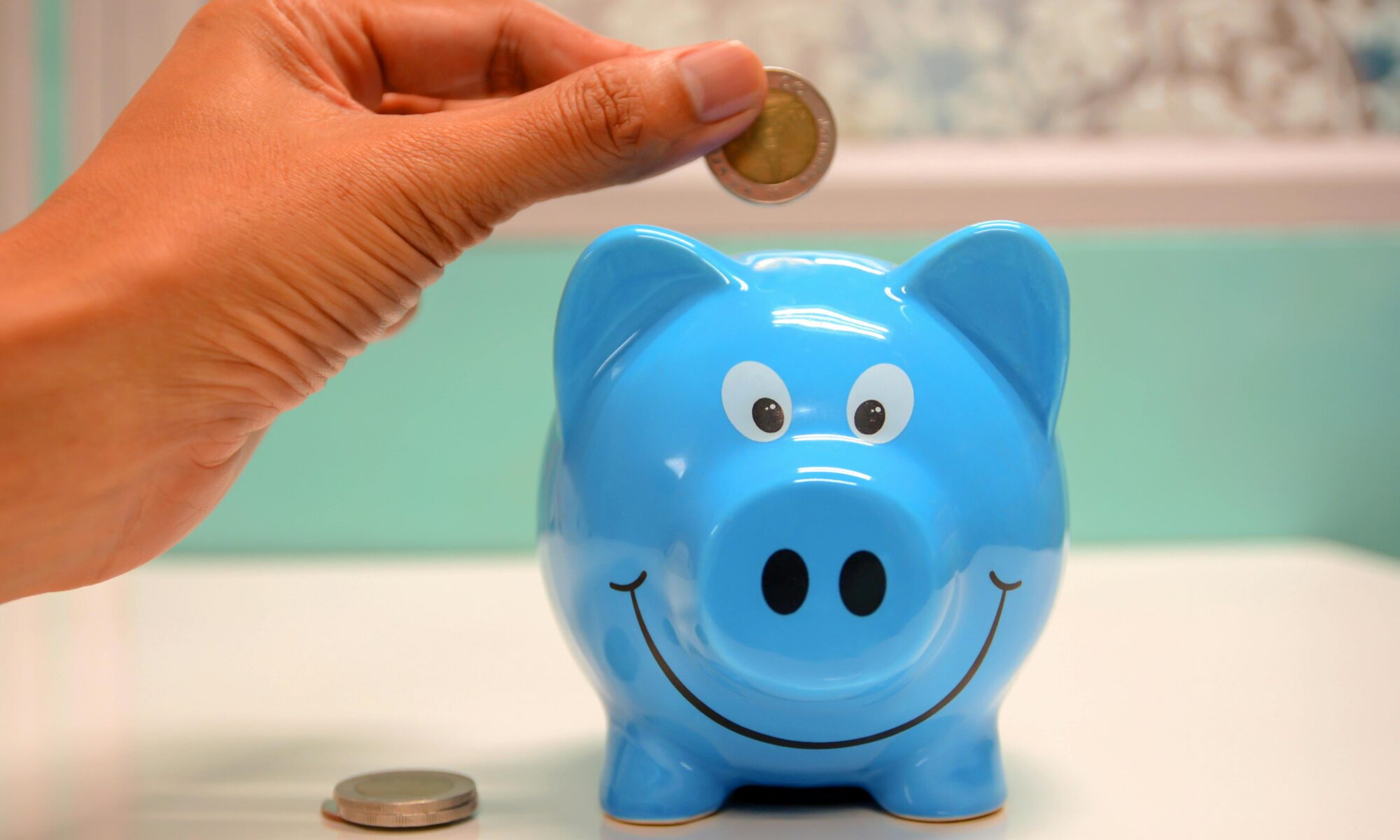Life as a student doesn’t come cheap. And with little to no time to work at a paid job, we students aren’t exactly free to spend money all over the place whenever we want to. On the contrary, chances are we’re always on the lookout for ways to save money, and one big area for this is, of course, grocery shopping. So below we’ve compiled a bunch of tips and tricks you can apply to save money on food when living in Germany. See which ones might help you:
1. Avoid going food shopping when hungry. Hunger will lead you to buying seductive products which you don’t need, so it’s better to have a quick snack before going to the supermarket.
2. Always have some type of “emergency food” stored at home, this could be a packet of pasta and a glass of pesto, for example. Since on Sundays and certain holidays, supermarkets are closed in Germany, you don’t want to have to eat out just because you forgot to food shop. It’s better to be prepared with some emergency storage like this and save the money on eating out.
3. Generally, eating out is EXPENSIVE in Germany. Here, even water to drink will cost a few euros, and don’t forget the tips that are expected, so it’s smart to reconsider when you actually want to eat out, and when it might be nice to cook at home instead.
4. Water from the tap is safe to drink in Germany, so buying bottled water really is a waste of money. It’s better to have one water bottle and refill it. (Don’t forget to clean it regularly though!)
5. When in the supermarket, the products displayed at eye level (making them easy to spot and reach for) are often more expensive than those on the lower shelf. So be sure to check the different shelves and compare prices.
6. When comparing prices, don’t compare the total price of a product (since a product might cost some cents less, but it’s content is only half of another option’s), but compare prices per kilo (or per 100g). These are indicated below the total price on the price tag on the shelf.
7. You can use supermarket and cashback apps to save, but don’t be tricked by their advertisements! If you are buying a product you don’t really need at thirty percent off, you don’t save any money – you spend money on something you otherwise wouldn’t have bought. So keep this in mind – don’t let yourself be tricked and use supermarket apps smartly!
8. When you have more food at home than you can eat, freeze it before it turns bad. You can freeze almost anything – leftover lunches, bread, fruit juice, … just be sure to not re-freeze it again after thawing it.
9. The date indicated on packed food goods in Germany is called “Mindesthaltbarkeitsdatum”. Literally translated, it means date of minimum shelf life. Producers indicate that to legally confirm that their product is good until that date. However, it doesn’t mean that the food automatically turns bad the day after. Often, something is still good well past that date – so smell it, taste it carefully – often a product is still perfectly fine and you don’t have to throw it away.
10. Often, grocery shops or restaurants will have food left over which they didn’t sell. With services like the smartphone app Too Good To Go (https://www.toogoodtogo.com/de), they offer bags of food at a reduced price. On the Too Good To Go app, you can see which places are currently offering something and stop by to collect it.
11. On services like https://foodsharing.de/karte people can offer up products they can’t use up (they might be leaving for a holiday or have misbought something). This is an initiative to reduce food waste. Via maps like this, you can find places where food like this is offered 😊 Another similar place like this is https://fairwertbar.org/ in Sandstraße in between the bus stops Emilienstraße and Kaisergarten. (At fairwertbar, you can take saved food for free, if you want, you can make a voluntary donation.)
I hope that these have helped you!
Your fellow student and SLR host Franzi 😊

